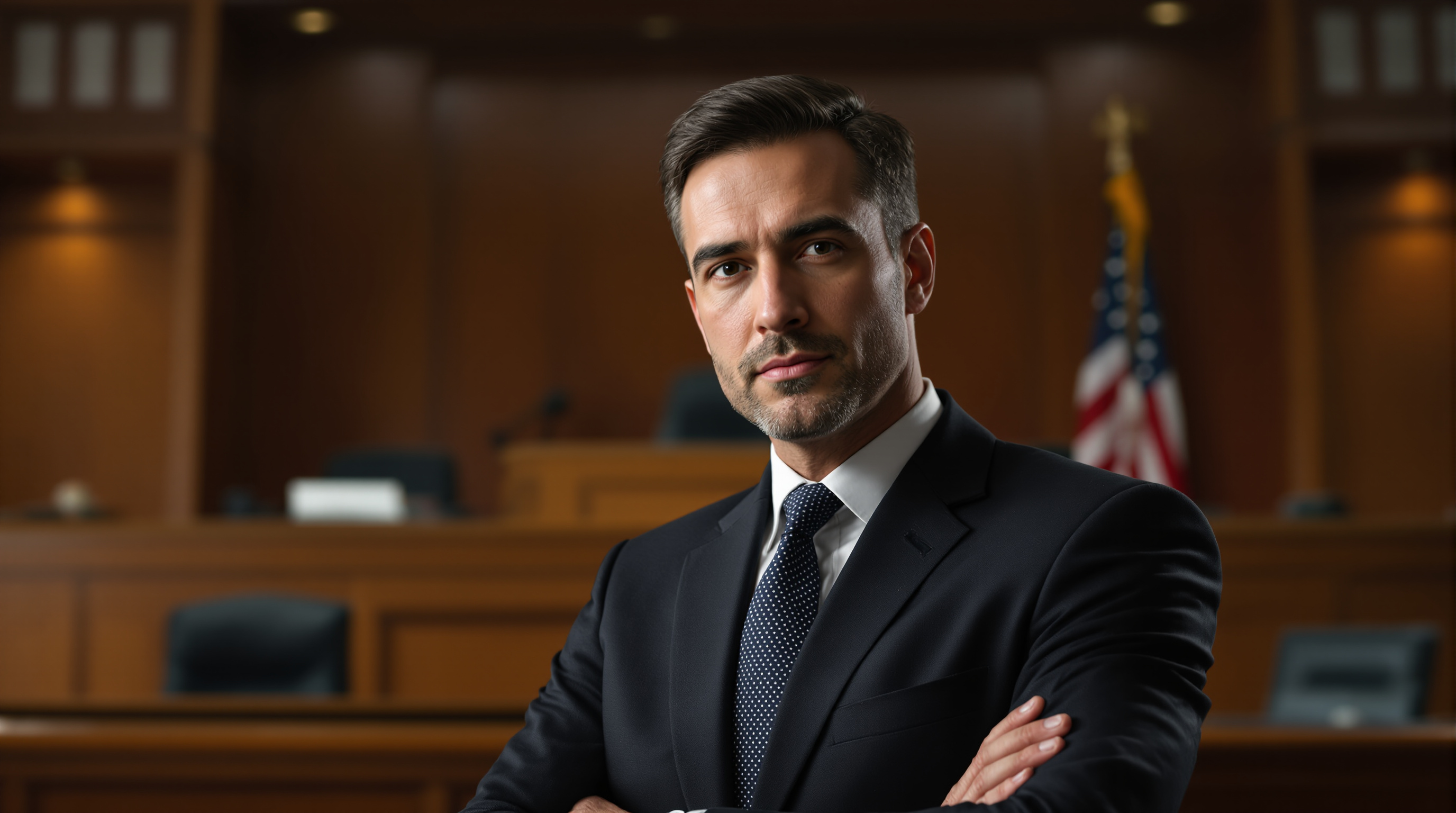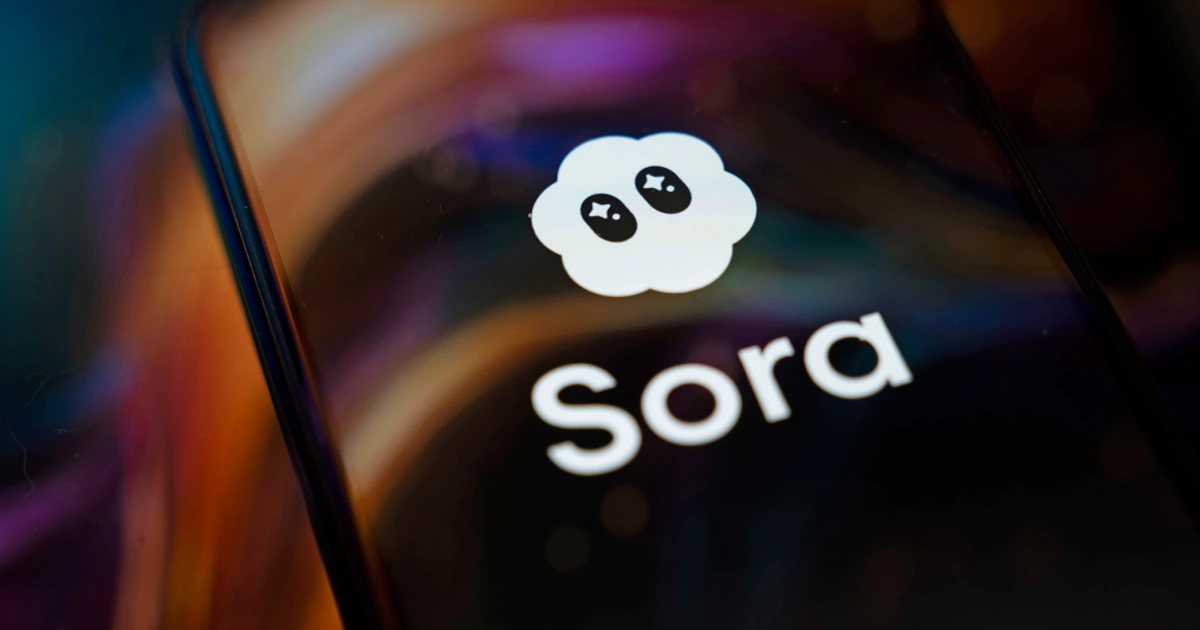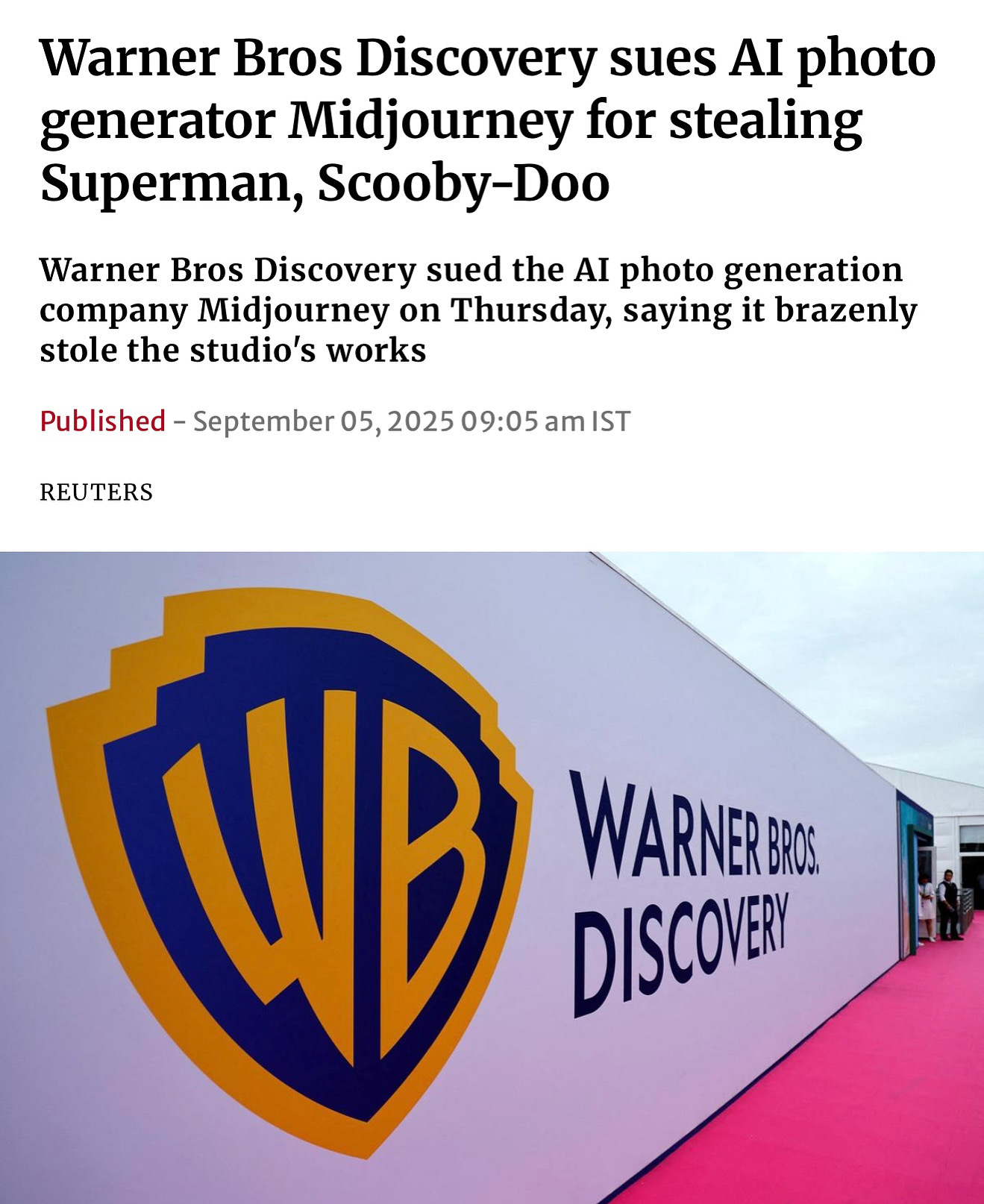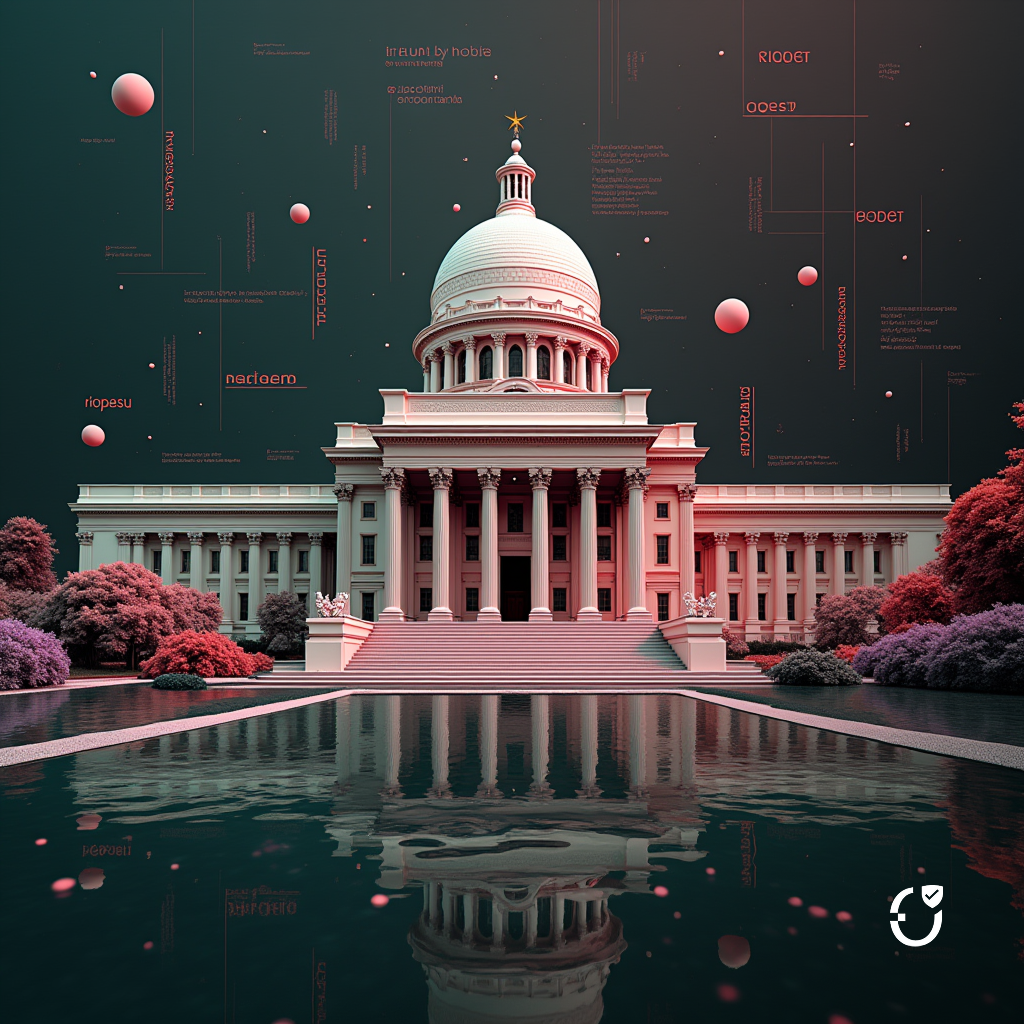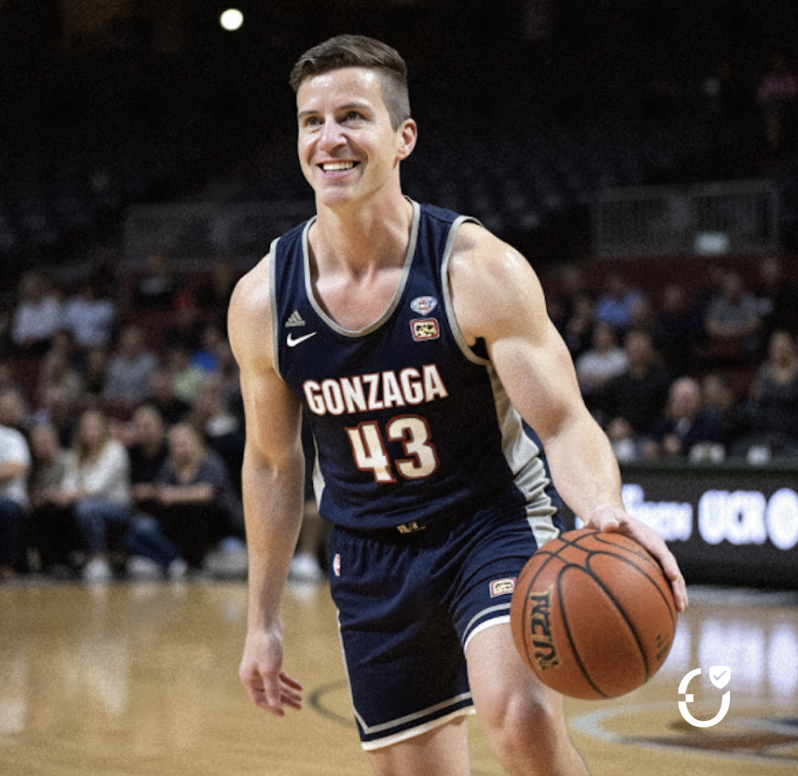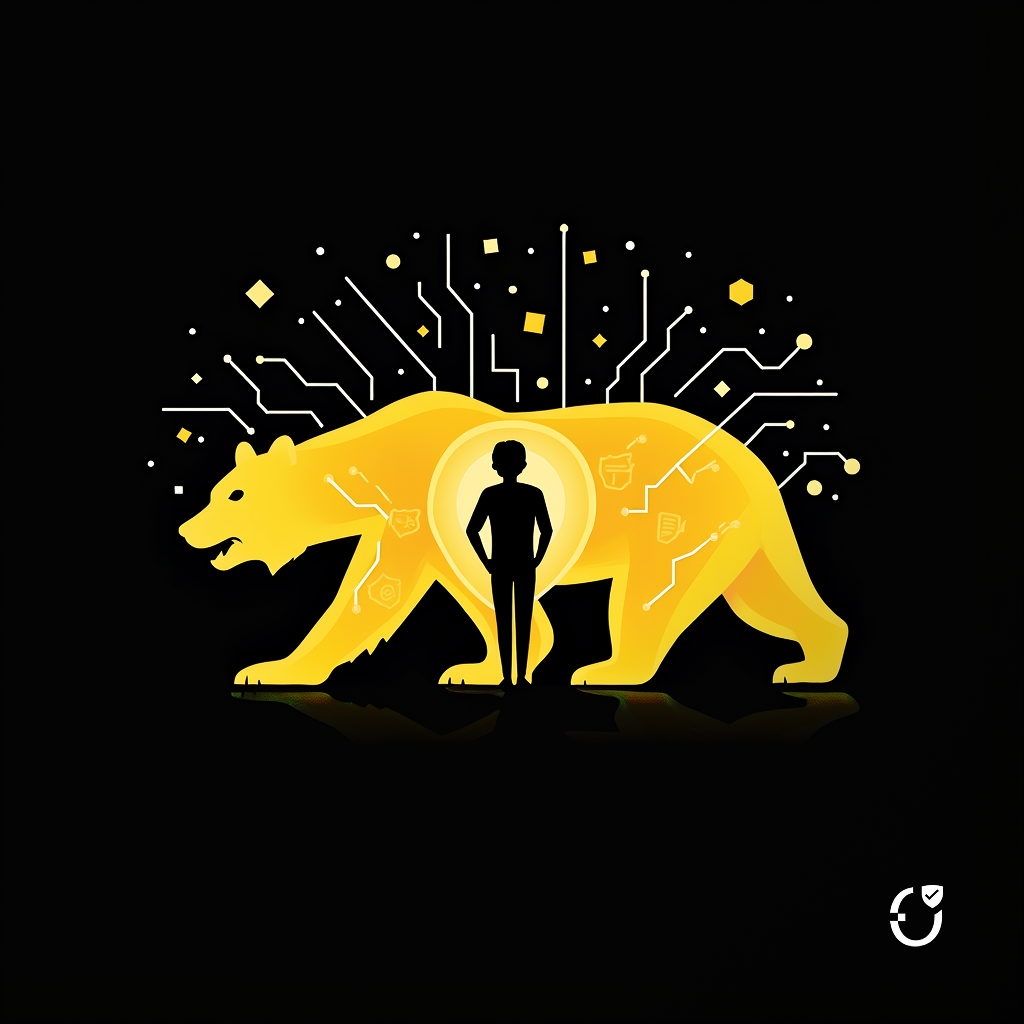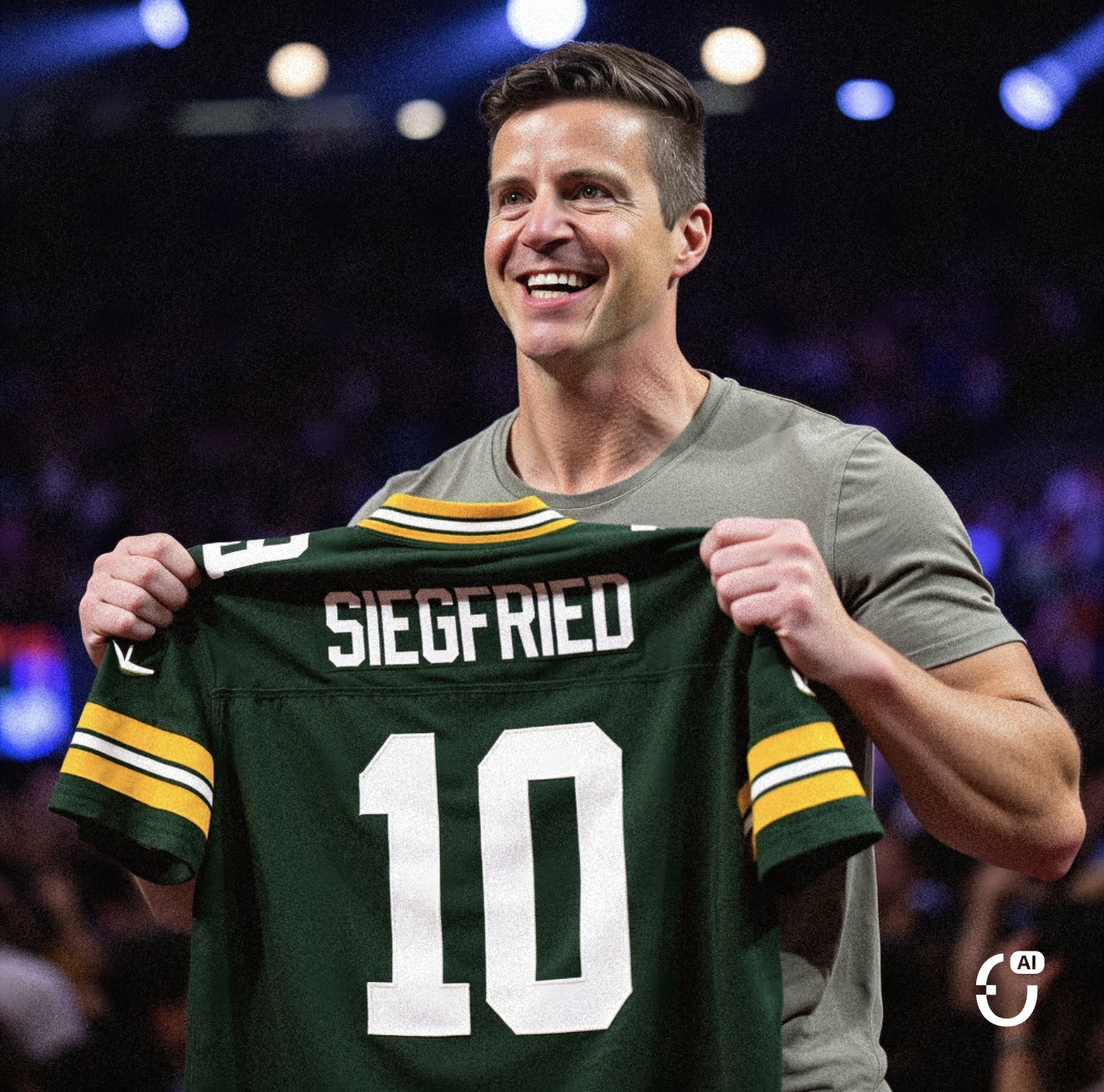As the thoroughbreds thunder down the stretch in the 151st Kentucky Derby this weekend, millions will focus on the majestic horses racing for glory. But I'll be watching something equally important unfold: the rising recognition of the athletes on their backs – jockeys who've been fighting a decades-long battle for control of their own image and likeness.
Most fans don't realize it, but we're witnessing the culmination of a rights revolution that began over 20 years ago. Back in 2004, a group of elite jockeys including Hall of Famer Jerry Bailey challenged a Kentucky rule that banned advertising on jockey attire. They argued that wearing corporate logos on their racing uniforms was protected speech under the First Amendment – and remarkably, they won. A U.S. District Court judge granted a temporary injunction allowing jockeys to sport sponsor logos during the Kentucky Derby, effectively opening the door to paid endorsements on their racing gear.
That single court ruling transformed the economics of being a jockey. What was once forbidden became standard practice, allowing these athletes to finally capitalize on their visibility during races. Even back then, sponsors were prepared to pay around $30,000 per rider for a single Derby-day logo placement. Fast forward to today's 2025 Kentucky Derby, and the landscape has evolved dramatically.
Just last year, battery maker Duracell sponsored 9 of the 18 jockeys in the field, with riders wearing camera-visible branding on their pants and jerseys. This year, we're seeing even more sophisticated deals – data analytics company FICO has signed multiple jockeys, with agreements that extend beyond race day to include social media promotion and branded appearances. The modern jockey isn't just an athlete; they're a multi-platform brand ambassador.
This evolution perfectly illustrates the three pillars that drive our work at Official AI: consent, credit, and compensation. The 2004 case was fundamentally about a jockey's right to profit from their own image – to give consent for how their likeness is used, to receive credit for their athletic contributions, and to be fairly compensated when others benefit from their visibility.
The stakes are even higher in today's AI-powered world. As technology makes it increasingly possible to capture, recreate, and distribute anyone's likeness, the questions jockeys faced in 2004 have become universal: Who gets to use your image? How is your likeness presented? And critically – are you being fairly compensated when others profit from your identity?
I'm particularly fascinated by the next frontier for jockey sponsorships. Beyond logos on uniforms and social media posts, we're seeing the emergence of digital doubles and AI-generated content. A famous jockey's virtual representation could soon be greeting fans in a digital Derby experience or appearing in international ad campaigns in multiple languages simultaneously.
This is precisely where Official AI comes in. We're building technology that ensures when a jockey's image is used in AI-generated content, they maintain control over how they're portrayed. Our platform ensures that any AI-generated content featuring real people is created with proper permission, gives appropriate recognition, and provides fair payment to the individuals involved.
The journey of jockeys from anonymous riders to recognized personalities with marketable personal brands mirrors the broader transformation we're enabling across industries. What started as a fight for the right to wear a small logo has evolved into full-fledged digital ownership. Technology is no longer something that just takes or imitates a jockey's image; with the right guardrails, it becomes a tool that works for the jockey, generating income and expanding their reach.
So as this year's Derby unfolds, I'll be tipping my (virtual) hat to the jockeys – not just for their remarkable athletic skill, but for their pioneering role in establishing that athletes deserve control over their own image. Whether negotiating for logos on racing uniforms or setting terms for how they appear in AI-generated content, these riders are showing us all what it means to truly own your digital identity.
Here's to the fastest two minutes in sports – and to the remarkable athletes making it happen finally getting the recognition, rights, and compensation they deserve. 🏇👱♂️✨



